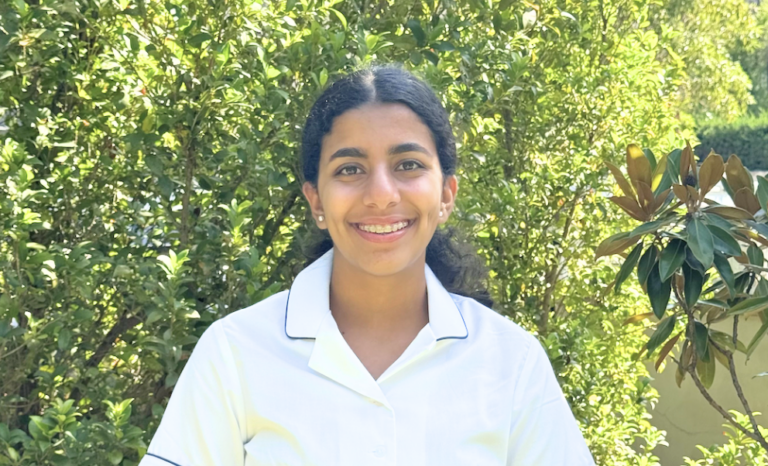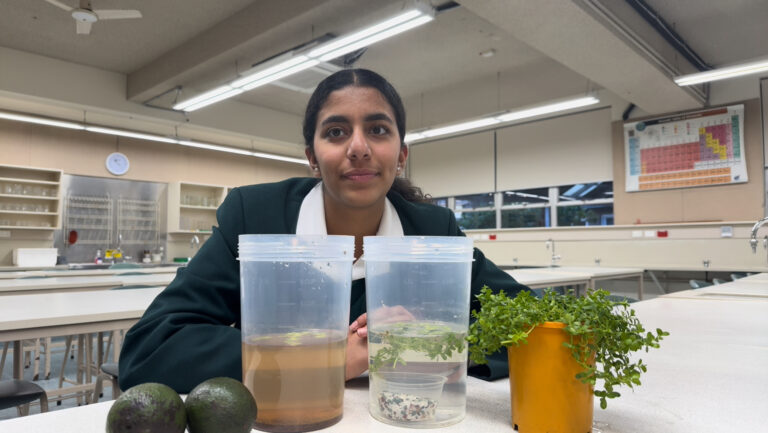heading

Lily Rofail is a 16-year-old high school student at PLC Sydney, Australia. She has a passion for science research and innovation. She has won several awards in science research competitions including three major research projects. Her science research focuses on providing innovative, new and creative solutions to global issues. She participates in a broad range of co-curricular activities such as Hockey, Volleyball, Speech, Public Speaking and Debating. She is also an avid member of her school science community and sustainability group SEED (Sustainable Education & Environmental Development Group) as well as the Science Festival Committee which organises a yearly science-focussed student conference. Lily enjoys Science and Maths and hopes to pursue her love for STEM in future years.
Tell us what the water concern in your country is!Many regional areas of Australia lack access to clean drinkable water. Australia is particularly at risk of water shortages due to its extreme and variable climate. Lack of rainfall continually undermines secure and reliable water access. Even in abundant rainfall, floodwater destroys crops and homes and water management systems fail.
This is what I think is one of the solutions for a sustainable future:We need to utilise our world's existing resources to solve environmental issues. Phytoremediation does not destabilise ecosystems with artificial treatments, but rather, it is an eco-friendly, natural and low-cost solution. Thus, investing in renewable methods of phytoremediation to reduce water toxicity allows for a cleaner, greener and more sustainable future.

Investigating if Avocado skin powder or Bacopa monnieri Can Alter the Amount of Heavy Metals in Aquatic Environments
This project, “Investigating if Avocado skin powder or Bacopa monnieri Can Alter the Amount of Heavy Metals in Aquatic Environments”, aims to investigate methods of preventing the accumulation of toxic heavy-metal contaminants. Specifically, it examines the use of nature-based phytoremediation strategies (Avocado skin powder and Bacopa monnieri) to reduce copper concentrations in model aquatic environments. The results confirmed that both Avocado skin powder and Bacopa monneiri significantly reduced copper concentrations. These findings could be implemented to reduce heavy metal water toxicity, and so, play a part in our efforts towards clean water for all.
